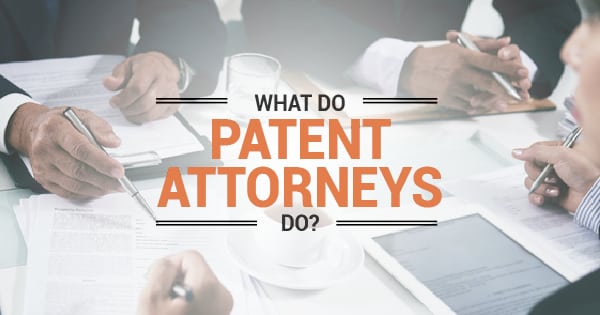Restoration of lapsed patent – Patent Registration in Coimbatore
Restoration of lapsed patent
Under the Provisions of Indian Patents Act, 1970 lapsed patents are the patents which are going to expire by without paying the maintenance fees within the due date. The Patents Act, 1970 provides various safeguards provided for the restoration of patent registration. The patentee have to file an application for restoration using Form-15. The Form-15 is filed before eighteen months from the date on which the patent ceased to have an effect. This Form-15 with the application for restoration have to file by any one of the following like the patentee or assignee or his legal representative and in case of joint applicants.

Application for restoration of lapsed patent
Section 60 of the Patents Act 1970 provided the application for restoration of patent. Where a patent has ceased to have effect by a reason of failure to pay or submit the renewal or maintenance fee within the eighteen months period prescribed under section 53 or within such period as the case may be allowed under sub-section 4 of section 142 of Patents Act, 1970 by the patentee or assignee or his legal representative. An application within the Form-15 shall contain a statement which is verified in the prescribed manner with the evidence of supporting documents with the prescribed fee as well. No additional fee for a patent of addition, but the patentee has to submit each form individually for each additional patent with that of the parent restoration application.
Procedure for disposal of applications for restoration of lapsed patent
After the hearing made by the Controller, where the applicant so desires or the controller thinks fit, the controller is satisfied that the absence of renewal fee payment was unintentional and that there has been no delay in making the restoration application, he shall publish that restoration application for third party viewing for any person interested to give notice to the Controller of opposition through the official journal of patent, within the prescribed period along with the following statements:
- That the failure to pay the renewal fee was not unintentionally did.
- There has been undue delay in making the restoration application.
In case the restoration application was not filed by the patentee or assignee or legal representative of that patent, the Controller may notify the applicant to file the restoration application. If the applicant makes a request to be heard on that matter, a hearing shall be given and the restoration application may be disposed within one month from the date of notice by the Controller, the application for restoration is rejected. If the rejection of restoration application, the speaking order shall be issued by the Controller to the applicant. With Reference to the announcement in the official journal about the restoration of lased patent, Notice of Opposition may be given by any interested person, in the prescribed manner, the application within two months of the date of publication in the official journal. The Controller showing to the opponent that there has been undue delay in the making of the restoration application and that the reasons which led to failure to pay the renewal fee was not unintentionally doing by the patentee. The opposition notice shall be sent to the patentee expeditiously to the applicant by the controller. The controller of patents mentions a statement setting out the nature of the opponent’s interest, the grounds of opposition and the facts relied upon in the notice of opposition. If no opposition is raised within two months from the date of publication in official journal of restoration of application, is disposed of in favor of the patentee, the controller shall issue an order permitting the application for restoration. As mentioned in the first, the unpaid renewal fee and the additional fee shall be paid within one month from the date of order of the Controller. On the effect of this payment, the patent has been restored shall be published in the official journal.
Rights of patentee of lapsed patents which have been restored
Section 62 mentions that the rights of the patentees of lapsed patents which have been restored. Where is patent of restoration is given to the patentee, the rights of patentee subject to such provisions as may be prescribed and to such other provisions as the controller thinks fit to impose for protection or compensation of persons who may have begun to avail themselves of, the patented invention between the date when the patent ceased to have effect and the date of publication of application for restoration of patent. No suit of infringement or other infringement proceedings shall be commenced or prosecuted in respect of patent committed between the date on which the patent ceased to have effect and the date of the publication of the application for restoration of the patent.
Surrender of patent

Section 63 of Patents Act, 1970 mentions the surrender of patent. The Court or Appellate Board or the Central can have the rights to give a notice to the patentee to surrender his patent. The patentee shall surrender his patent, at any time in the prescribed manner with respect to the notice. When the patentee makes such offer, then such offer is published in the official journal by the Controller. The controller may notify every person other than the patentee who is presented in the register of patents about this surrender by giving a notice. Any interested person or a person to whom license has been given under the patent may, within the prescribed period after such publication, give notice to the controller about the opposition to the surrender. If any opposition of surrender notice arises, the Controller may notify the patentee about that notice. If the Controller is satisfied after hearing the patentee and any opponent, the patent may be properly surrendered. He may further accept the offer by order, revoke or officially cancel the patent.
In case if the patentee wants to withdraw the patent then the patentee must give notice to the Controller after notice of opposition is given, the Controller depending on the merits of the case, may decide whether the cost should be awarded to the opponent specified under rule 63.